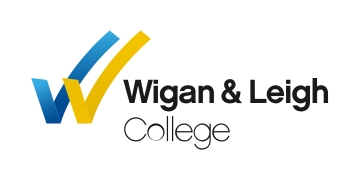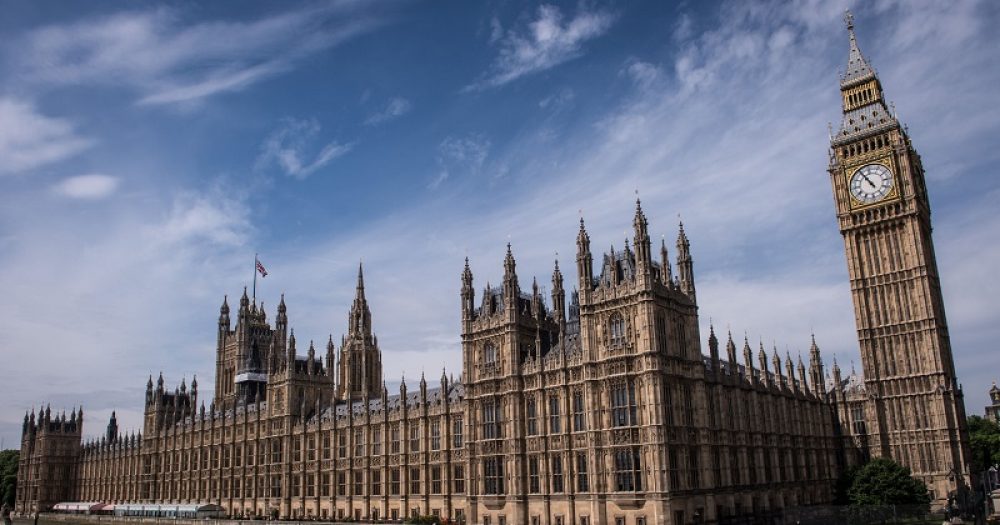New national academy standards in the schools bill could dictate the make-up of trust boards, the length of the school day and even staff pay, new draft legislation which seeks sweeping new powers over the schools system suggests.
Education secretary Nadhim Zahawi will have greater powers to close down failing academy trusts – rather than just schools – and private schools. He will even dictate what warrants a pupil absence fine if the bill passes into law.
The draft schools bill, published this week, proposes a new statutory set of national standards that will replace a complex system of individual funding agreements, legislation and guidance as the basis of intervention in academies.
Although the Department for Education has not set out a final list of standards, the bill does list “examples of matters about which standards may be set”. These include the curriculum, pupil welfare, careers guidance and the length of the school day, year and holidays.
Other examples include assessments and exam entries, how complaints and whistleblowing are handled and the quality of leadership and management.
Controversially, the DfE also said it may set standards relating to governance structures and procedures “including the composition of boards of directors, and the responsibilities of directors and members” of academies.
The government claimed the standards would “mostly” replicate existing rules.
Fears over state intervention
But Leora Cruddas, the chief executive of the Confederation of School Trusts, said she was “very concerned that the state would potentially seek to intervene in the governance of independent legal entities”.

Other examples of potential standards relate to staff pay, admissions criteria, spending and collaboration with partners.
Julie McCulloch, director of policy at the Association of School and College Leaders, said the changes proposed “appear to grant the Department for Education significant additional powers”.
“This feels a long way from the promise of increased autonomy on which the academies programme was originally sold to schools.”
McCulloch welcomed the government’s proposed clampdown on illegal schools, but said she was “concerned at the extent of government over-reach in the bill”.
“The government’s role, in our view, should be to set the overall parameters under which schools should operate, provide sufficient funding and support to enable them to do that, and put in place an appropriate level of oversight and accountability.
“It should not be to attempt to micro-manage the detail of everyday school life from an office in Whitehall.”
DfE hasn’t made case for ‘central control’
Education policy consultant John Fowler warned the DfE had “yet to make the case for a level of central control of the school system that the bill represents”.
“The post-war Labour government did make the central control case to establish the NHS, admittedly using existing local democratic structures. So, what’s holding the government back?”
From next September, intervention will focus on academy trusts themselves, rather than individual academies.
New notices to improve will be issued to trusts that have “significant weaknesses in management or governance”, while new compliance directions will be aimed at those who fail to discharge their legal duties.
The government will be able to replace individual trustees or entire boards with interim appointments if weaknesses are not addressed, and in the worst-case scenarios terminate agreements with entire trusts, forcing them to close down.
Andrea Squires, partner and head of education at law firm Winckworth Sherwood, said the reforms represented a “far cry from the days when academies were introduced with the prospect of less regulation and more freedom to innovate”.
Schools bill could mean forced conversion
A controversial move would also grant councils the power to convert any or all of it schools into academies. While they will have to consult affected schools’ governors, councils only need consent if they are trying to move a foundation or voluntary school.
Paul Whiteman, leader of the NAHT heads’ union, said the decision on whether or not to become an academy or to join a multi-academy trust “is one that must continue to sit with the governing body of each school”.

“The government still has work to do to convince many school leaders and governors of the merits of their vision.”
Also in the bill, Ofsted will be handed more powers to identify and investigate illegal schools, to allow inspectors to “act in a more intrusive fashion”. The inspectorate will be allowed to request a warrant if denied entry, including for an officer to attend where “reasonable force is needed”.
But the bill is silent on the issue of local authority-run academy trusts. It is government policy, not the law, that currently prevents councils from setting up MATs, so ministers are waiting to set out their stall.
The government wants all schools either in or in the process of moving into academy trusts by 2030, effectively meaning all state schools will answer to Whitehall within a decade.
Schools bill: What happens now?
The schools bill was introduced in Parliament this week after being announced in the Queen’s Speech on Tuesday.
The draft law will first make its way through the House of Lords, where the government could face more serious opposition because it does not have a majority.
After passing the Lords, the bill will move into the House of Commons, where it will be scrutinised again.
If amendments are made to the bill in the Commons, the Lords will then consider these, and if they disagree or make changes, the legislation will begin to “ping pong” between the two houses.
Once this process is complete, the bill will be ready to be signed into law.
It’s worth pointing out that it’s not unusual for government bills to be amended during their passage. Opposition politicians may succeed in amending the bill, or the government may agree to make its own amendments to get it passed.
This means that what gets passed into law will not necessarily be the same as what has been issued this week in draft form. The aim will be to pass the bill in the next 12 months.
Remember to follow Schools Week and our journalists on twitter as we follow the bill’s progress!
















Three thoughts spring to mind:
1. Where are the members of replacement boards or trustees coming from?
2. As a Director of Education I used to work with said at the turn of the millennium when LEAs were seen as being potentially under threat ‘There has to be something between the Minister and the mess’.
3. I know there are good people out there doing exceptional things but, overall, our once proud (but by no means perfect) democratically accountable state education system is descending into chaos. A sad and worrying sate of affairs